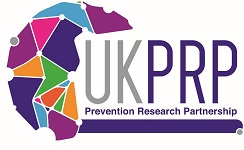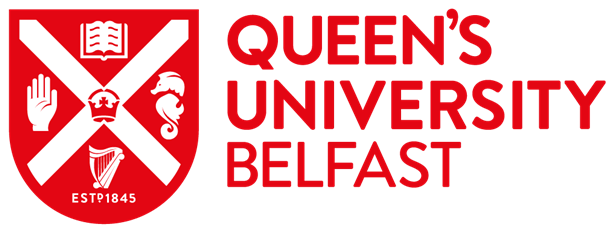Glossary: D to F
Ecosystem services: the components of nature that are directly and indirectly enjoyed, consumed, or used in order to maintain or enhance human well-being.
Effectiveness: The impact of an intervention in the real world.
Efficacy: The impact of an intervention under ideal circumstances, such as in a laboratory.
Emergent property: In relation to complex systems, this term described a behaviour, feature or outcome of the system that results from the relationships between its constituent elements, but that is difficult to predict and is qualitatively different from the behaviours or features of the components of the system. For example, we can understand how neurones in the brain transmit information. The fact that this simple process maintains our memories and allows us to dream and imagine is not predictable and is qualitatively different from the activities of individual neurones.
Ethics: A system of moral principles which we use to guide our decision making as we navigate the process of intervention development.
Evaluability assessment: A pre-evaluation activity designed to maximise the chances that any subsequent evaluation of programmes, practices, or policies will result in useful information.
Evaluation: An assessment, as systematic and impartial as possible, of the effects of an intervention, including effects on outcomes, costs, acceptability, and the wider systems in which it is implemented.
Feasibility: Testing whether it is practical to implement the intervention, or collect the data needed for a fuller evaluation.
Fishbone diagram: Also called a cause and effect diagram or Ishikawa diagram. This is a diagram used to visualise the possible causes of a problem and facilitates the sorting of causes into categories.




